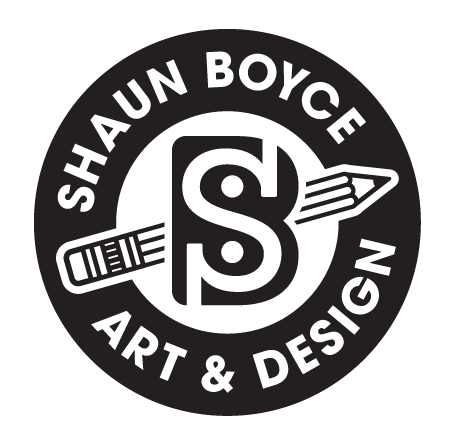The Hidden Cost of Artificial Intelligence
If you’re reading this, you’re likely in the creative field or close enough to feel the impact of AI in your life. You’ve heard the buzz around AI, the promises, the hype. But here’s what you might not be thinking about: this isn’t just another tool. It’s a Trojan horse.
Like every major technology before it, AI has been branded as a breakthrough and as some sort of evolution in how we think, work, and communicate. But history tells a darker story. As economist Thomas Sowell put it, “There are no solutions. There are only trade-offs.” And the trade-offs here will be devastating.
Right now, platforms like ChatGPT and Gemini feel novel, even exciting. They write, design, brainstorm, and are seemingly cost free. But we’re in the conditioning phase. Corporations and their venture capital backers are buying time, luring users in with convenience while quietly tightening the grip. Make no mistake: these systems are not built to serve you, they’re built to extract from you and once dependence sets in, the monetization begins. If you don’t own the infrastructure, you are the infrastructure. And if it’s free, it means you’re the product being sold. And this says nothing about the ecological nightmare of the energy that is costs to produce, or the intellectual properties that have been blatantly mined from the internet to build this infrastructure.
We’ve been here before. When the iPhone launched in 2007, it was hailed as a revolution and miracle. And it was. But it also rewired human behavior at scale. Concert experiences reduced to obstructive screens in the air, families at dinner lost in scrolling, kids bullied and tormented through devices they can't escape. Only now, nearly two decades later, are we beginning to admit to the damage that has been done. Screen addiction, mental health crises, entire childhoods shaped by surveillance capitalism. The red flags were always there, we just didn’t want to see them.
AI is following that same path and for creatives, the danger is existential in many ways. The very act of creation is being commodified, automated, and flattened into data points. What was once uniquely human is now being fed into machines that will mimic it, monetize it, and eventually, replace it. Not as partners, but as products.
This isn’t about innovation. It’s about control. It’s about power being centralized in the hands of a few, while the rest are made dependent on systems they can’t influence, can’t understand, and certainly can’t stop. AI will not liberate the creative class, it will consume us. The cost is coming.
